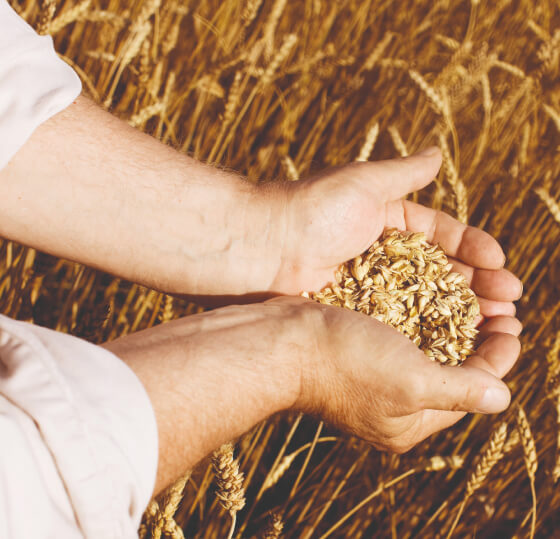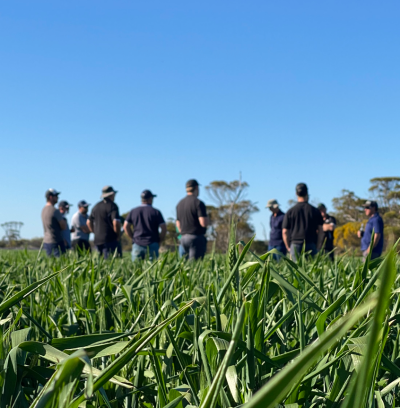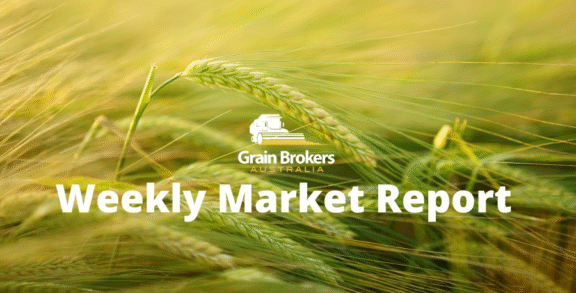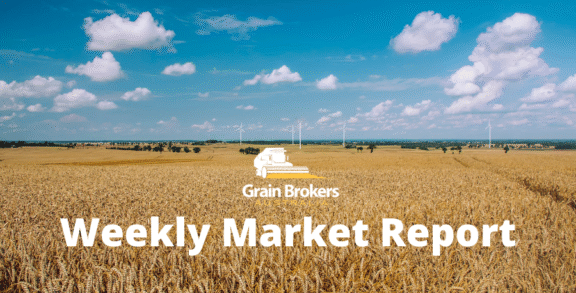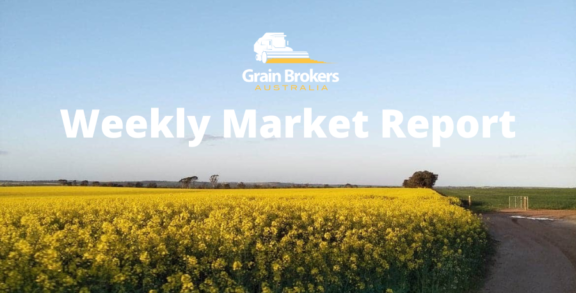
China pulled out its anti-dumping stick again on Friday of last week, with Canadian canola once more in the crosshairs. Beijing announced a probe into Canadian exports of the oilseed to China and launched a complaint against Canada at the World Trade Organisation in response to Prime Minister Justin Trudeau’s recent decision to impose import tariffs on Chinese electric vehicles (EVs), aluminium and steel.
On August 26, following the lead from the United States, the Trudeau government announced that Canada would impose an import tariff of 100 per cent on Chinese EVs and a 25 per cent import tariff on aluminium and steel sourced from China. The duties on Chinese EVs are due to come into effect on October 1, while those on steel and aluminium will be implemented from October 15.
Chrystia Freeland, Canada’s Finance Minister, stated that unfair trading practices and “abysmal” environmental and labour standards in China would allow Beijing to unfairly price and dump products into the Canadian market. Trudeau was reportedly under immense pressure to match the US tariffs, following intense lobbying from its southern neighbour and domestic industry groups, including car manufacturers, and steel and aluminium plants.
The Canola Council of Canada said it was confident that China’s probe would show that the nation’s producers were playing by the rules, adding that Canadian canola exports to China last year totalled CAD5.0 billion (AUD5.5 billion). While there may be no evidence of actual dumping, the facts are largely irrelevant. China could easily move forward with non-tariff trade barriers of some description if it really wants to make a point, seriously impacting the flow of seed to China, regardless of the explanations provided by the Canola Council or Canadian diplomats.
Canada is the world’s biggest producer and exporter of canola, and more than half of the country’s canola exports traditionally make their way to China. The crop was developed in Canada, and its very name – derived from “Canada” and “ola” (referring to oil low in acid) – underscores the special place it holds in Canada’s agricultural identity. This is precisely why canola has been a primary target for China in such diplomatic standoffs.
In March 2019, after the arrest in Canada of a Huawei executive, China abruptly halted Canadian canola shipments by two major Canadian suppliers, citing weed seed, disease and pest contamination at disport as the official reason. The Canadian canola industry suffered losses in sales estimated between CAD1.54 billion and CAD2.35 billion (AUD1.7-2.6 billion), with price declines persisting until August 2020 due to the suspended export licenses and lacklustre global demand. The embargos were eventually lifted, and seed exports to China resumed in May 2022.
China’s approach this time appears to be a tad more measured, announcing an investigation into Canadian canola exports to China rather than an immediate ban or restrictive tariff based on a fictitious excuse. However, as Australian farmers discovered in May 2020, such investigations often lead to devastating restrictive trade barriers while the complaints are being investigated and run their course through the lengthy WTO dispute mechanism.
According to Statistics Canada, canola exports to China in the 2023 calendar year totalled almost 4.6 million metric tonne, up from 2.2MMT in 2022. That’s an increase of 170 per cent in the first full year of trade after the embargo was lifted, but still below the 4.8MMT shipped in 2018, prior to the start of the last canola trade dispute with China.
In response to the Canadian canola ban in 2019, exports of seed to the Europe Union increased significantly, but so too did the export of canola oil to China, which was not part of the ban. This export option, combined with growing demand from the US biofuel sector, has led to a significant increase in canola crush capacity in Canada in recent years, and that trend is set to continue as capital investment in the sector grows. Canada currently has 14 crush facilities with 12.1MMT of annual crush capacity. An additional 5.7MMT of capacity is expected to be built by 2028, with a significant proportion of the new builds coming online by late 2026.
In the 2023 calendar year, Canada set a new canola crush record of 10.523MMT. This was 20 per cent higher than the 8.769MMT crushed in 2022 and surpassed the previous record of 10.29MMT set in 2020. Canola oil production last year amounted to 4.422MMT, 21.1 per cent higher than the 2022 output of 3.651MMT. The increase in canola oil exports and decrease in seed exports effectively reduces Canada’s vulnerability to such measures from China. That said, with this year’s harvest now hitting top gear, there is believed to be upwards of 3.5MMT of new crop trade already on the books with China, so the stakes are still very high.
At first glance, this would appear to be a golden opportunity for Australia, the world’s second biggest canola exporter, to re-engage the Chinese canola consumer. However, the Chinese market has effectively been closed to Australian seed since Beijing began enforcing a zero-tolerance policy for blackleg disease in late 2020. Add China’s stringent foreign material specification of no more than one per cent, and the hurdles to trade resumption get higher.
The last bulk canola shipment from Australia to China was in November 2020, and since then, there have only been two small container sales, each of 500 metric tonne. Interestingly, these were shipped in June and July of this year, so there may already be some clandestine quality testing happening with a view to increasing trade.
For now, Australia will continue to ship to traditional markets such as the European Union, Japan, Pakistan, Mexico and the United Arab Emirates, which collectively account for almost 94 per cent of Australian canola exports in the current marketing year (Oct to Sept). With lower production in the EU and a smaller exportable surplus out of Ukraine, the world’s third biggest canola exporter, EU demand for Australian seed is expected to remain strong.
However, if China were to restrict Canadian exports and the biosecurity restrictions on Australian canola eased, global trade flows could change dramatically. Australia enjoys higher supply certainty and a freight advantage into China relative to Ukraine, which is far more suited to selling its seed into the EU and the UAE. However, while new crush capacity is being built, Canada would be looking to the EU in particular to soak up any exportable surplus liberated by China’s incessant political shenanigans.
Call your local Grain Brokers Australia representative on 1300 946 544 to discuss your grain marketing needs.
Written by Peter McMeekin.
